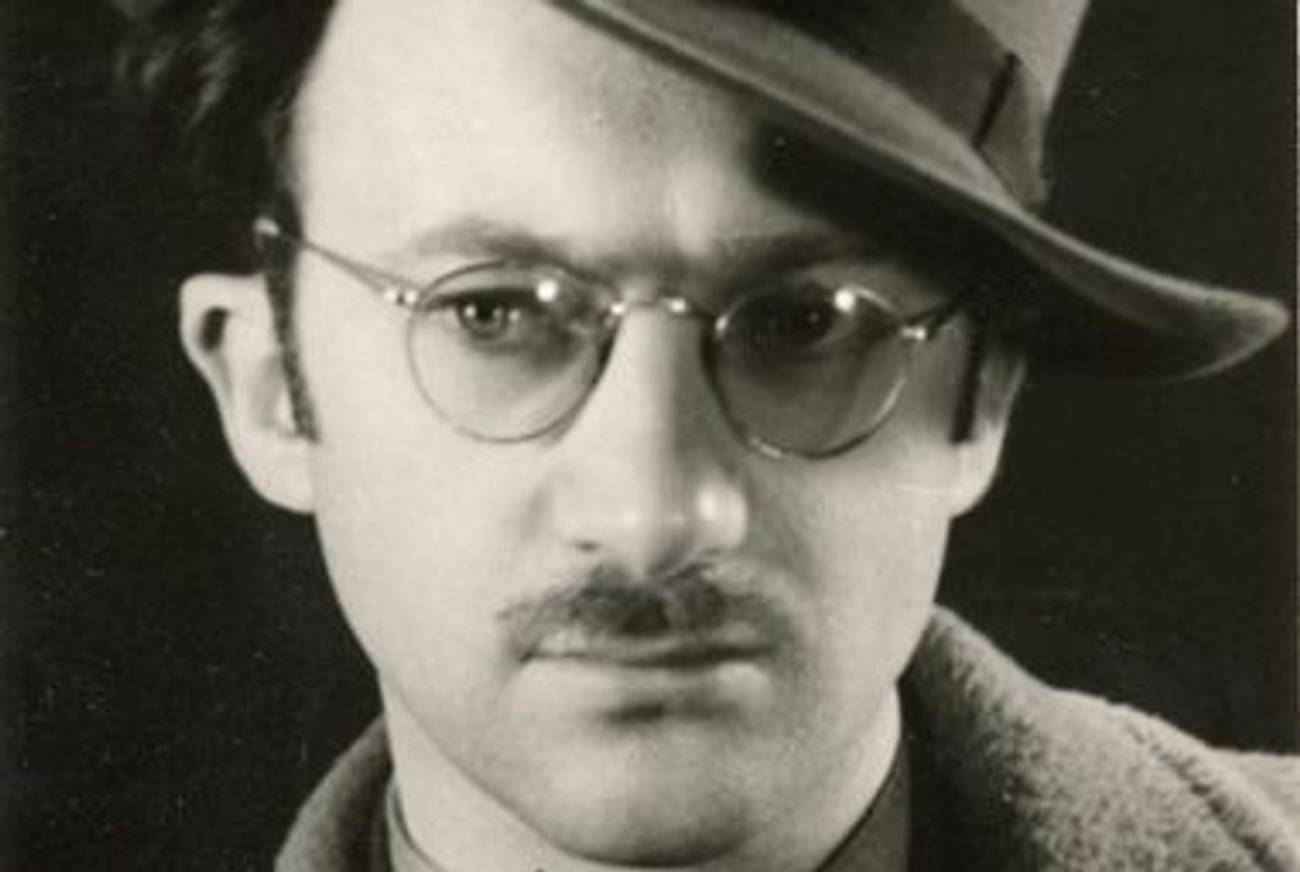Three Poems By Avrom Sutzkever
‘How,’ ‘The Lead Plates at the Rom Press,’ and ‘1981’




How will you fill your goblet
On the day of liberation? And with what?
Are you prepared, in your joy, to endure
The dark keeing you have heard
Where skulls of days glitter
In a bottomless pit?
You will search for a key to fit
You jammed locks. You will bite
The sidewalks like bread,
Thinking: It used to be better.
And time will gnaw at you like a cricket
Caught in a fist.
Then your memory will resemble
And ancient buried town
And your estranged eyes will burrow down
Like a mole, a mole….
Vilna Ghetto, February 14, 1943
Translated by Chana Bloch
Arrayed at night, like fingers stretch through bars
To clutch the lit air of freedom,
We made for the press plates, to seize
The lead plates at the Rom printing works.
We were dreamers, we had to be soliders,
And melt down, for our bullets, the spirit of the lead.
At some timeless native lair
We unlocked the seal once more.
Shrouded in shadow, by the glow of a lamp,
Like Temple ancients dipping oil
Into candelabrums of festal gold,
So, pouring out line after lettered line, did we.
Letter by melting letter the lead,
Liquefied bullets, gleamed with thoughts:
A verse from Babylon, a verse from Poland,
Seething, flowing into the one mold.
Now must Jewish grit, long concealed in words,
Detonate the world in a shot!
Who in Vilna Ghetto has beheld the hands
Of Jewish heroes clasping weapons
Has beheld Jerusalem in its throes,
The crumbling of those granite walls;
Grasping the words smelted into lead,
Conning their sounds by heart.
Vilna Ghetto, September 12, 1943
Translated by Neal Kozodoy
A letter arrived from the town of my birth
from one still sustained by the grace of her youth.
Enclosed between torment and fondness she pressed
a blade of grass from Ponar.
This grass and moribund cloud with its flicker
once kindled the alphabet, letter by letter.
And on the face of the letters, in murmuring ash,
the blade of grass from Ponar.
The grass is my doll’s house, my snug little world
where children play fiddles in rows as they burn.
The maestro’s a legend, they lift up their bows
for the blade of grass from Ponar.
I won’t part with this stemlet that yields up my home.
The good earth I long for makes room for us both.
And I’ll bring to the Lord my oblation at last:
the blade of grass from Ponar.
Translated by Cynthia Ozick
Reproduced, with permission, from The Penguin Book of Modern Yiddish Verse.
Avrom Sutzkever (1913-2010) was a Yiddish-language poet.